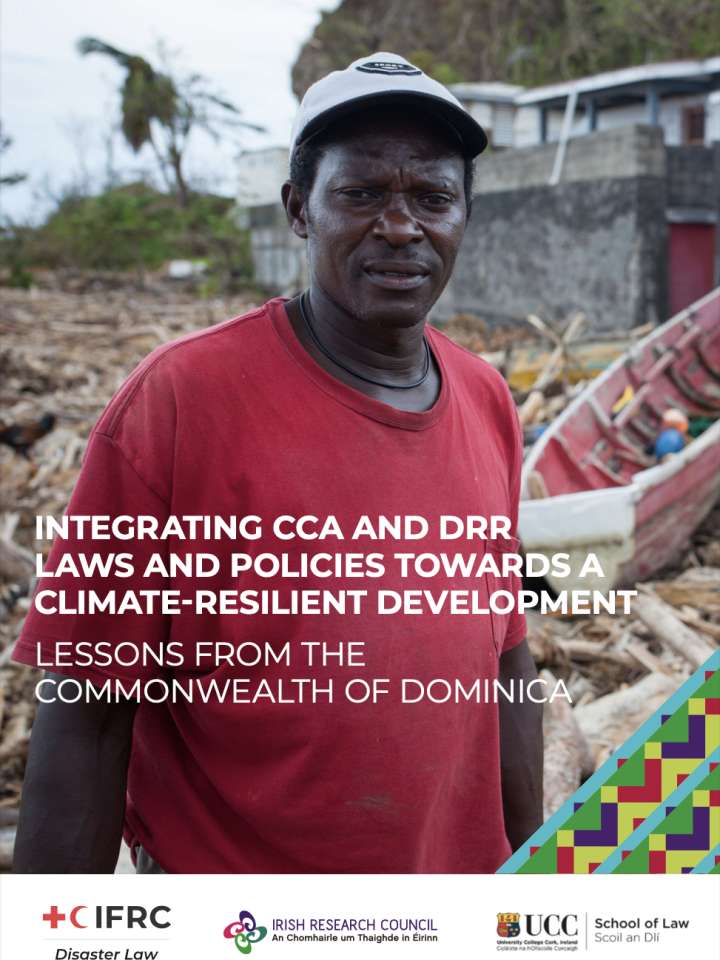Integrating CCA and DRR laws and policies towards a climate-resilient development: Lessons from the Commonwealth of Dominica
This study provides an in-depth analysis of advancing climate change adaptation and disaster risk reduction with a specific focus on how integrated regulatory instruments across different sectors can enhance effective and consistent action. Among the most affected small island Caribbean states, the Commonwealth of Dominica is fast becoming a global standard in improving resilience through legislation and governance. In 2017, the island was devastated by Hurricane Maria, a category 5 storm and one of the most destructive of the 10 consecutive hurricanes to hit the Caribbean during the hyperactive 2017 Atlantic hurricane season. This catastrophic event put every aspect of Dominica’s government, economy and society under strain, wiping out entire neighborhoods and crippling businesses and social services for months.
Resulting, this paper builds on previous reports drafted within the broader framework of the research project on “Leave No One Behind. Developing Climate-Smart/Disaster Risk Management Laws that Protect People in Vulnerable Situations for a Comprehensive Implementation of the UN Agenda 2030” which respectively addressed the intra-regional alignment to international frameworks by the Pacific Island Countries and the protection of vulnerable groups against climate and disaster risks in the Philippines.
Explore further
